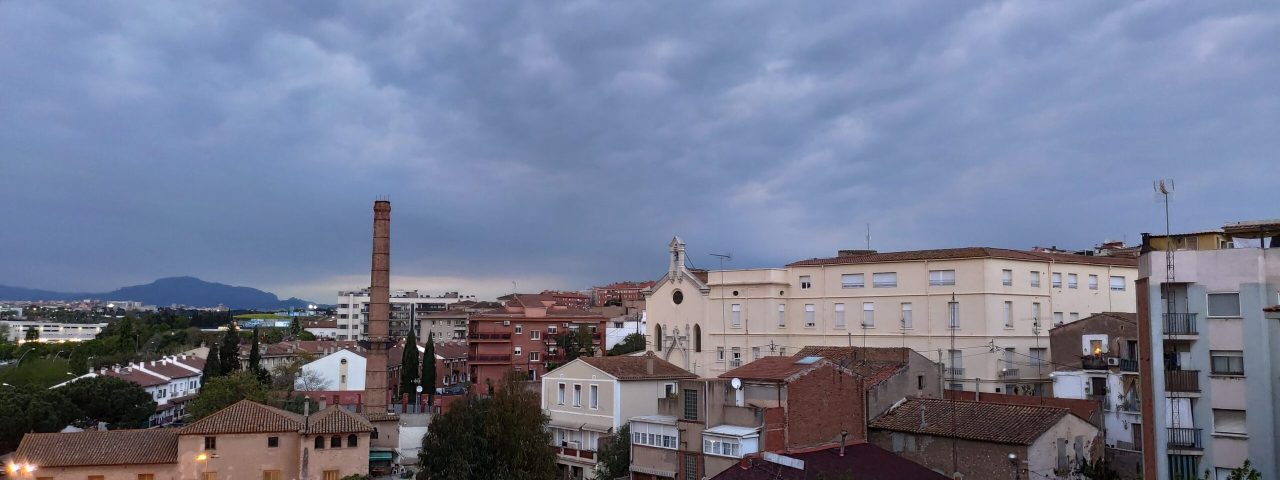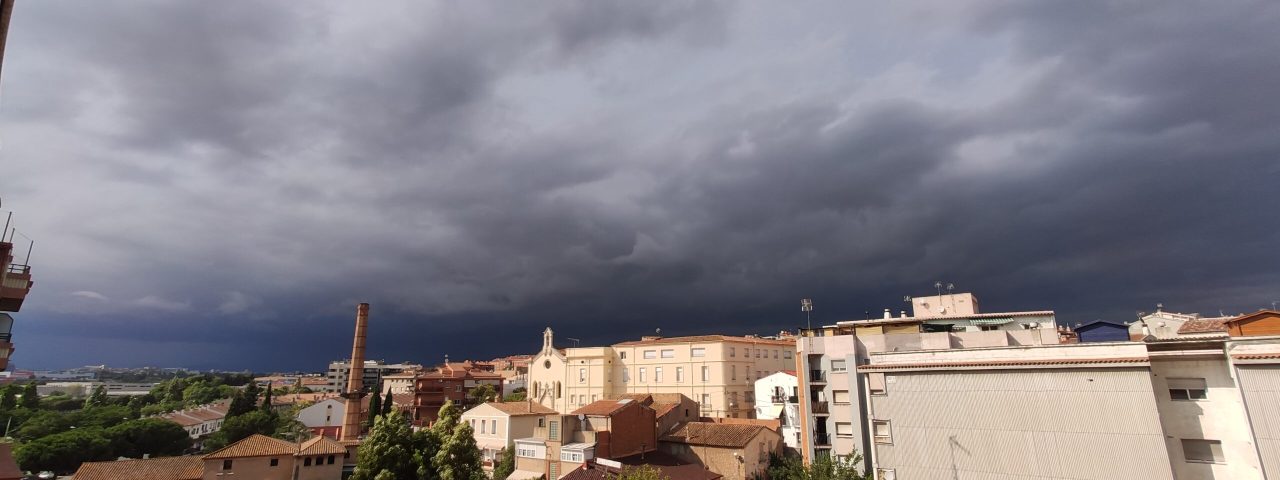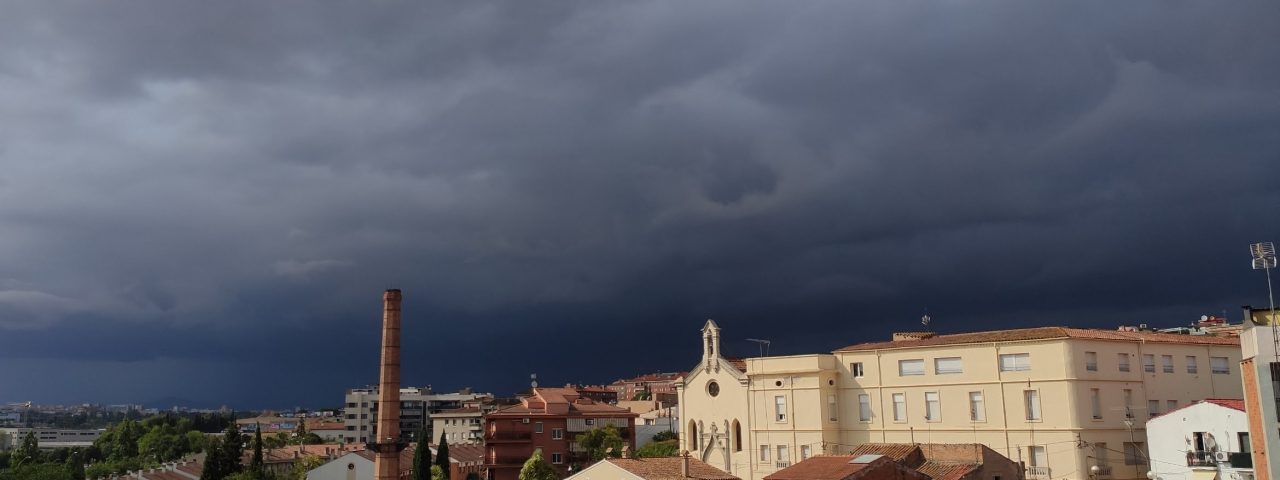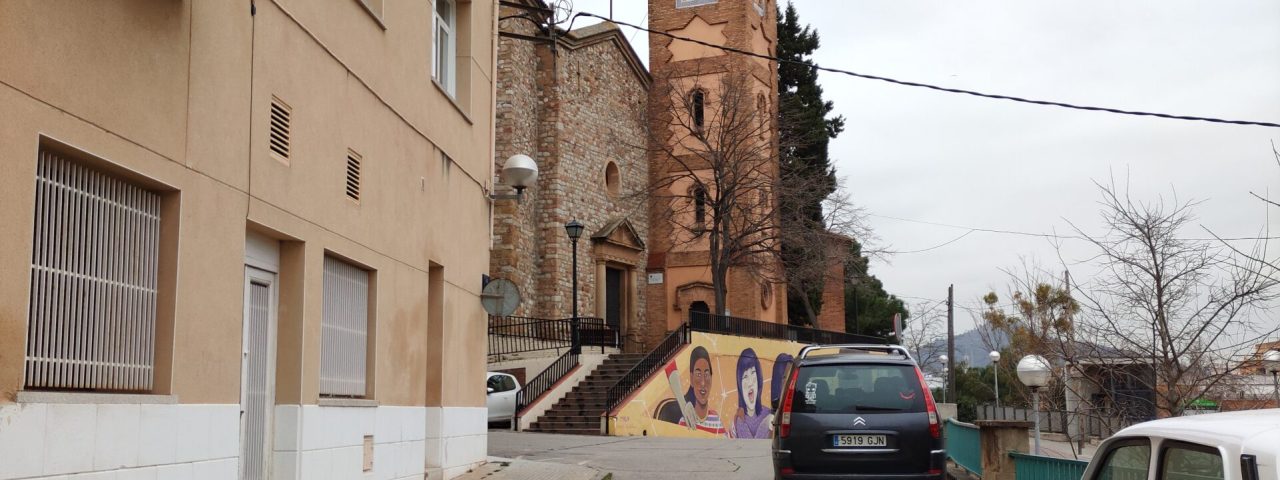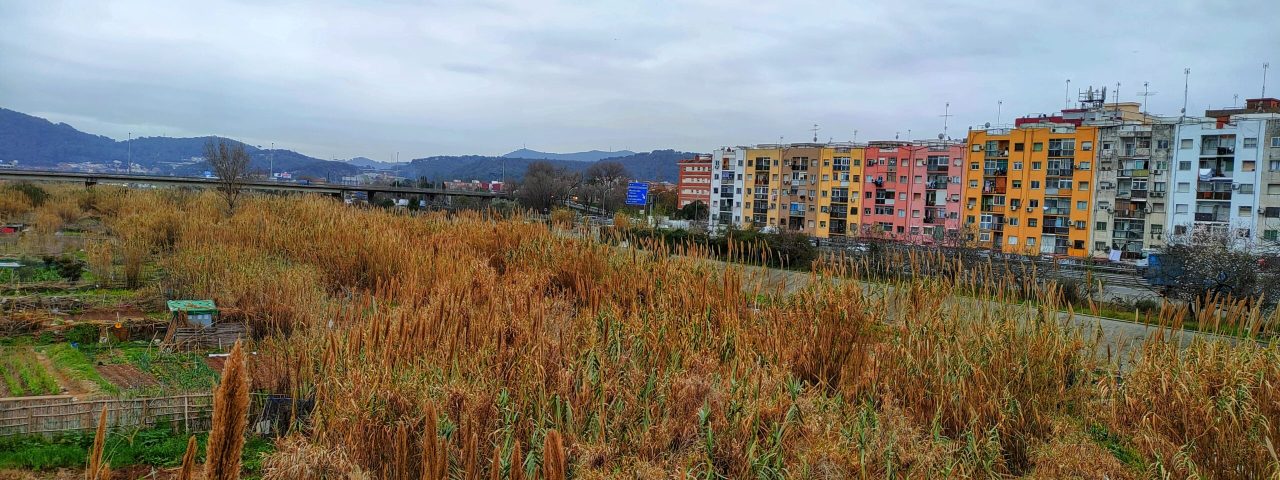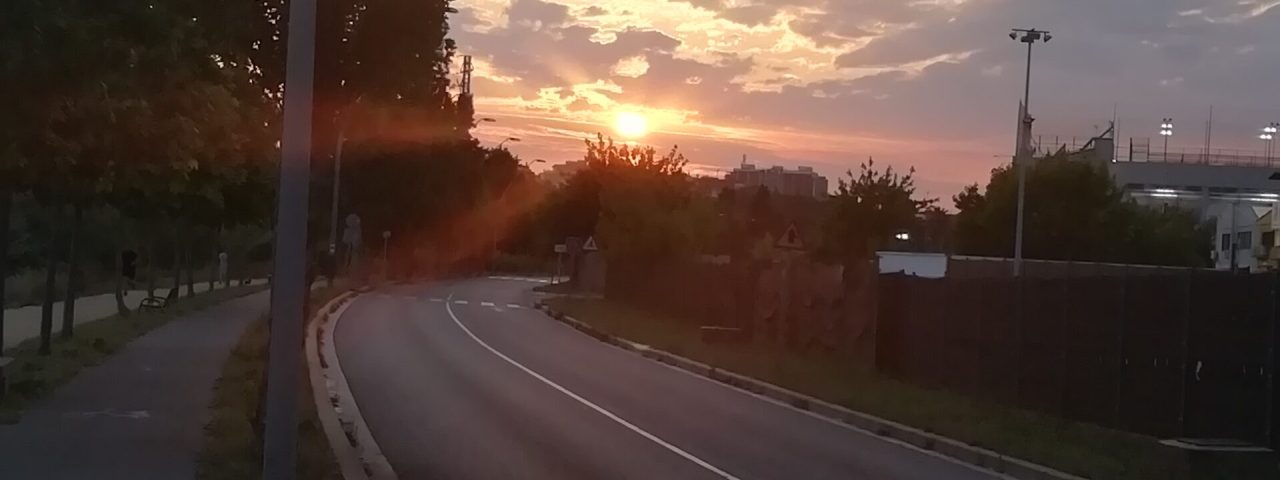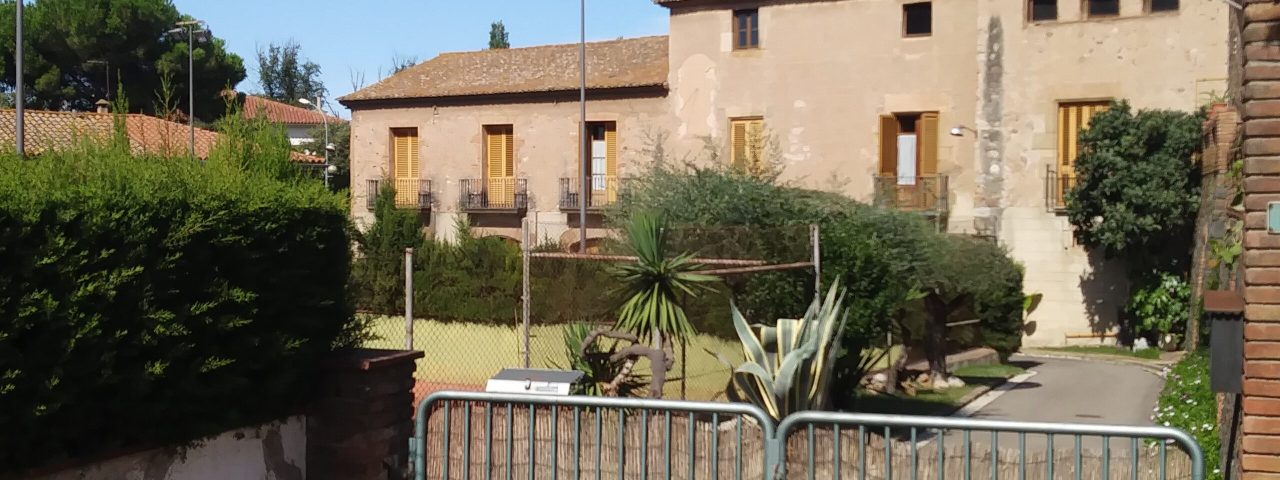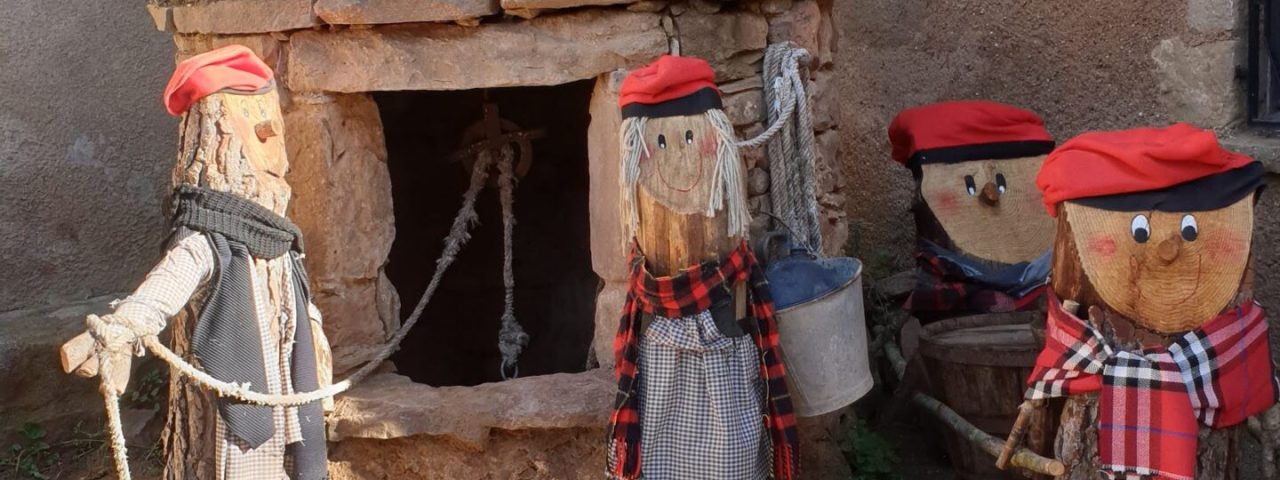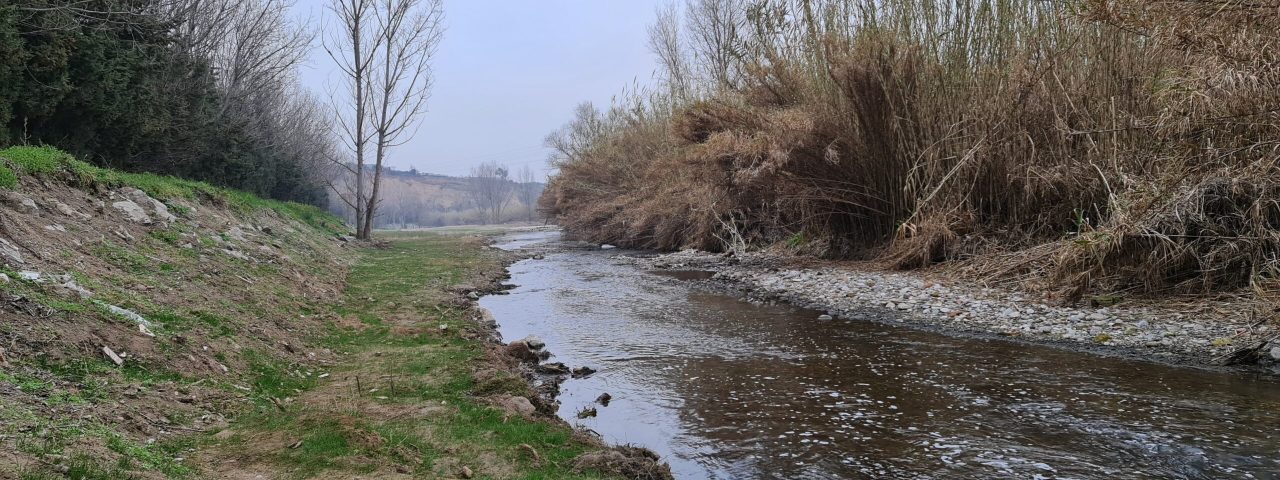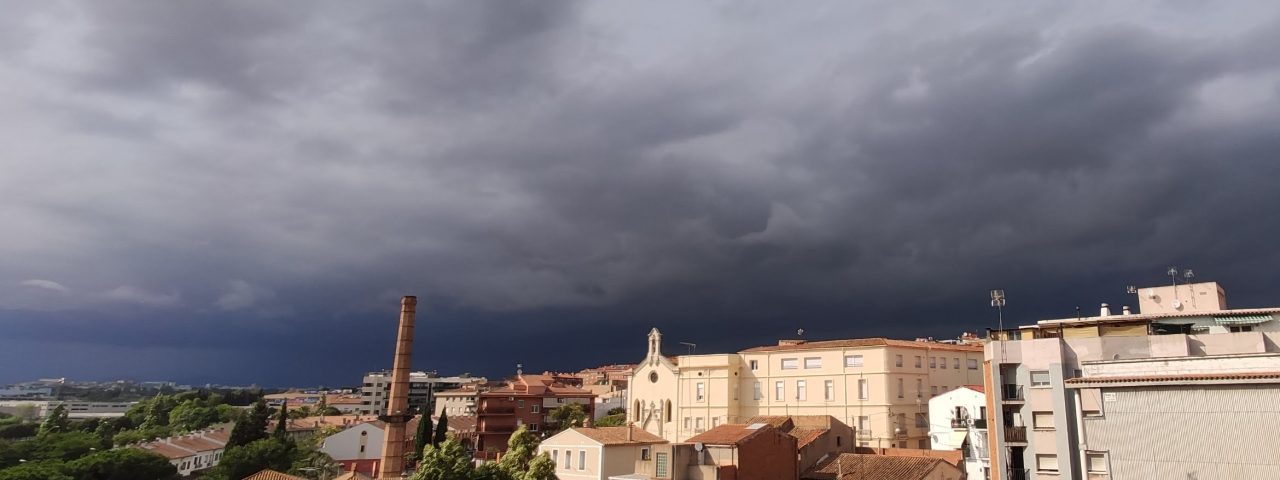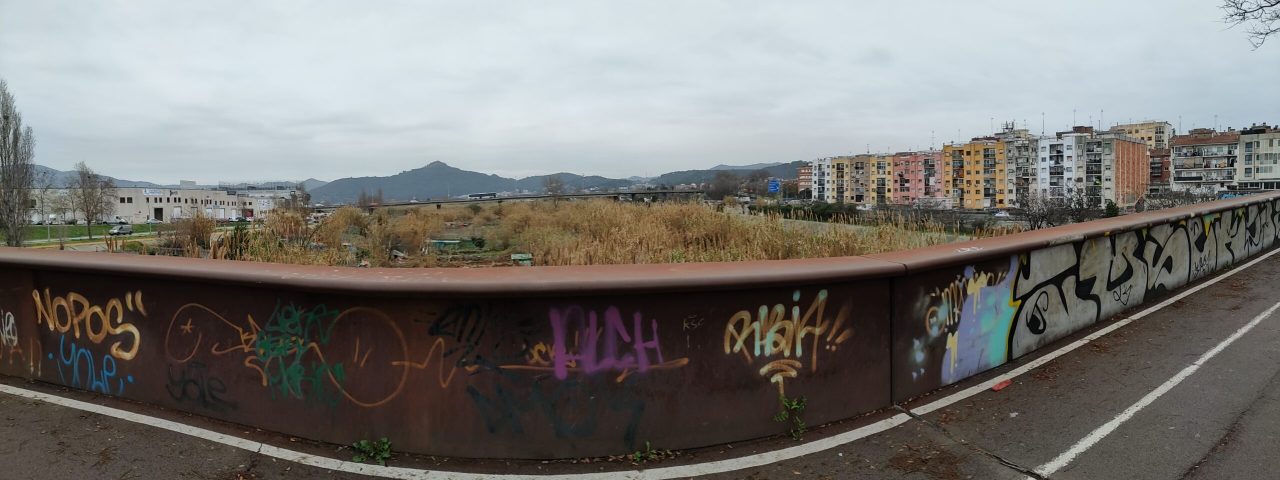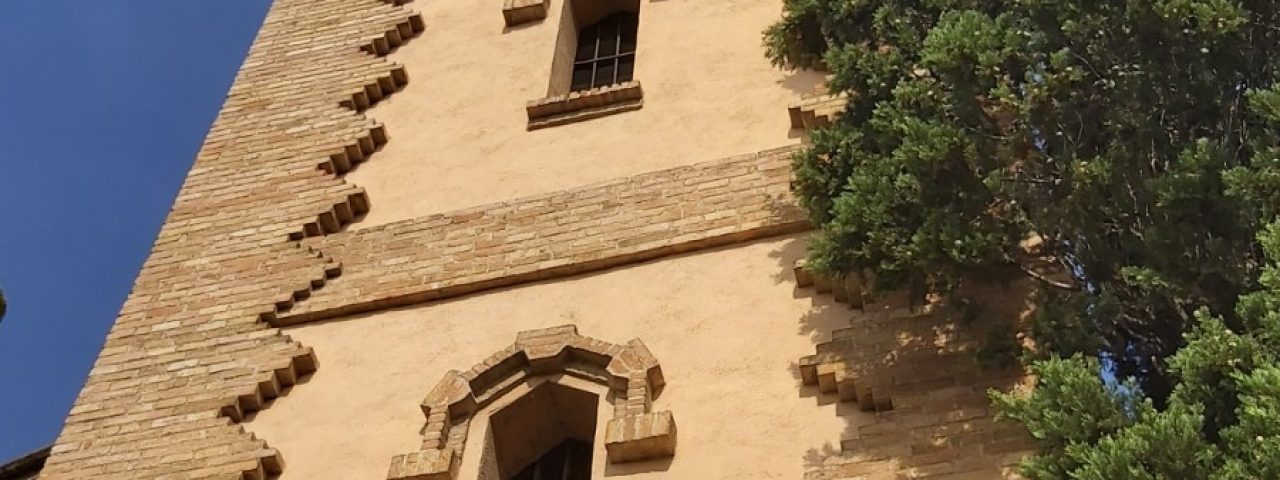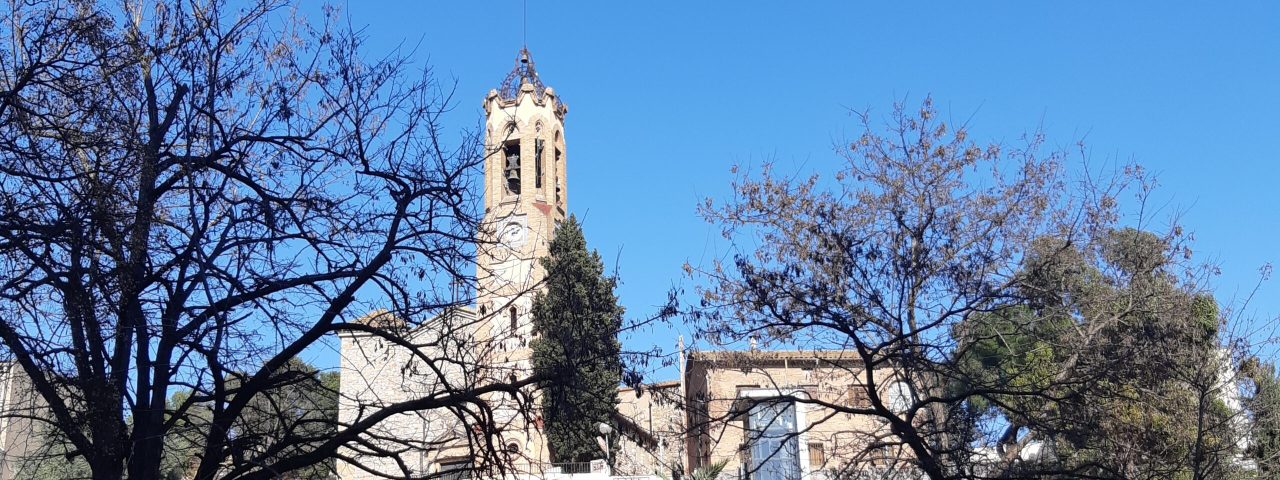Ripollet’s history stretches back to ancient times, with archaeological evidence showing human settlements in the area as far back as the Iberian period. However, the town began to truly flourish during Roman times, serving as a small agricultural hub. Over the centuries, it saw influence from the Moors and later became part of the expanding Christian kingdoms during the Reconquista.
In the Middle Ages, Ripollet developed as a rural town, with agriculture as its primary industry. The town’s name is believed to derive from “Ripula” (meaning “riverbank” in Latin) due to its proximity to the Ripoll River, which shaped its early economic activities. Today, traces of its Roman and medieval past can still be seen in the town’s layout and historical landmarks.
Culturally, Ripollet is rich in Catalan traditions. The town celebrates major Catalonian festivals, including the Festa Major, which takes place in August, featuring music, dancing, parades, and traditional performances. The town’s Sant Antoni Abat festival in January is also a significant event, where local customs such as the blessing of animals take center stage. Ripollet also offers opportunities to experience Sardana, the traditional Catalan dance, and Castañada, a celebration of roasted chestnuts in the fall.
